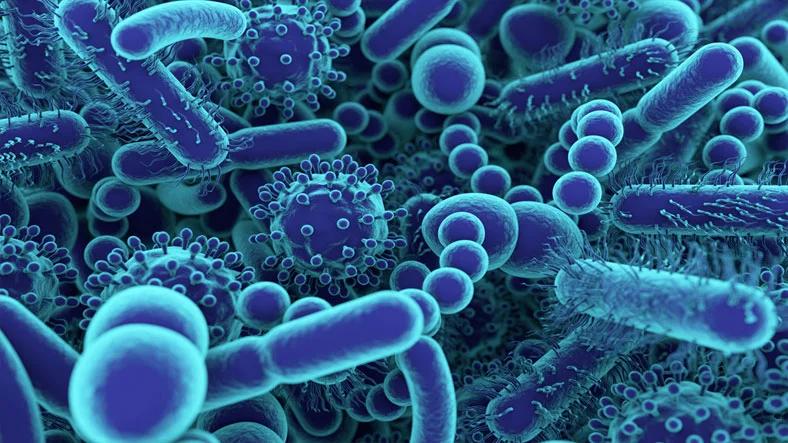KEY TAKEAWAYS
- The phase 2 study aimed to investigate the efficacy and safety of an intensive regimen combining daratumumab, and KRD induction and consolidation in high-risk myeloma patients.
- The primary endpoint was to assess the feasibility of the intensive treatment strategy.
- Researchers observed the feasibility and promising outcomes of Dara-KRD induction/consolidation with tandem transplant in myeloma patients.
High-risk (HR) cytogenetics in transplant-eligible newly diagnosed multiple myeloma (TE NDMM) correlates with unfavorable outcomes. The FORTE trial demonstrated the efficacy of carfilzomib lenalidomide and dexamethasone (KRD) plus transplantation in TE NDMM patients. Additional benefits were observed with daratumumab (Dara) in frontline therapy (CASSIOPEIA, GRIFFIN), and double transplant showed improved outcomes in HR TE NDMM patients (EMN02).
Cyrille Touzeau and his team aimed to evaluate the feasibility and effectiveness of an intensive strategy, incorporating Dara-KRD induction/consolidation and double transplant in HR TE NDMM patients.
The objective was to comprehensively examine the potential benefits and challenges associated with implementing this intensified therapeutic regimen for HR TE NDMM patients (NCT03606577).
The study identified HR MM based on the presence of del17p, t(4;14), and/or t(14;16). The treatment strategy comprised a Dara-KRD induction phase (6 cycles), followed by autologous stem cell transplantation (ASCT), Dara-KRD consolidation (4 cycles), a second ASCT, and Dara-lenalidomide maintenance for 2 years.
From this analysis of fifty previously untreated high-risk cytogenetic MM patients enrolled in the study from July 2019 to March 2021 across 11 IFM centers, the median age was 57 (range 38-65). All participants exhibited high-risk cytogenetics, including 17p deletion (40%), t(4;14) (52%), or t(14;16) (20%). About 72% completed the second transplant, while 42% discontinued, primarily due to stem-cell collection failure, disease progression, adverse events (AEs), or consent withdrawal.
Grade 3-4 Dara-KRD-related AEs included neutropenia (44%), anemia (22%), thrombocytopenia (24%), and infection (14%). The overall response rate (ORR) pre-maintenance was 100%, with 81% achieving complete response (CR). Minimal Residual Disease (MRD) negativity rate was 94%. After a median follow-up of 32 months, the 24-month progression-free survival (PFS) was 87%, and OS was 94%. Seven patients died, five due to disease progression and two due to infection.
The study concluded that Daratumumab-KRD induction/consolidation with tandem transplant is deemed feasible in transplant-eligible newly diagnosed MM patients exhibiting a high-risk cytogenetic profile. The observed outcomes reveal a notable achievement in achieving a high MRD negativity rate and substantial PFS.
The study is sponsored by Nantes University Hospital
Source: https://ash.confex.com/ash/2023/webprogram/Paper174044.html
Clinical Trial: https://clinicaltrials.gov/study/NCT03606577
Touzeau C, Perrot A, Hulin C, et al. (2023). “Daratumumab, Carfilzomib, Lenalidomide, and Dexamethasone Induction and Consolidation with Tandem Transplant in High-Risk Newly Diagnosed Myeloma Patients: Final Results of the Phase 2 Study IFM 2018-04”. Presented at ASH 2023 (Abstract 207).



